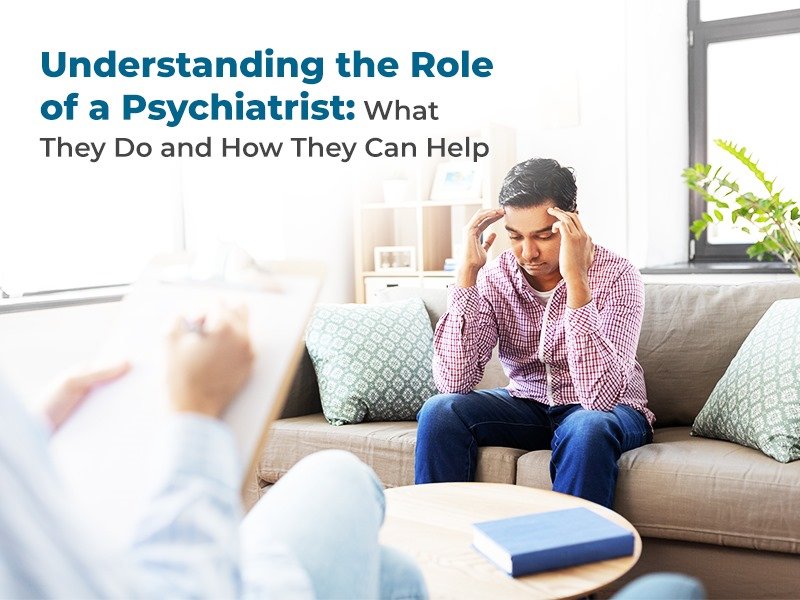Custody disputes are often overwhelming for children of all ages, but for teenagers, the experience can feel especially complicated. They’re old enough to understand the dynamics and to have strong opinions, but they don’t always know how or even if they’re allowed to share what they feel. While family law courts won’t hand over decision-making power to teens, their voices carry far more influence than those of younger siblings.
Encouraging a teen to speak up during a custody case can be a turning point. It teaches them that their feelings matter, and it can also help the court make a decision that truly reflects the child’s best interests. At the Harris Firm, we remind parents that a teen’s voice is not a weapon in the legal fight; it’s a tool to ensure their emotional and physical needs are met.
How Teens Have a Say in Custody Cases
When it comes to deciding custody arrangements, judges weigh many factors, but a teen’s perspective is often near the top of the list. In Alabama, the opinions of children who are mature enough to express themselves (often starting around age 12) are considered seriously, with older teens (14+) receiving even more weight in the decision-making process.
Judges understand that teenagers are at a pivotal stage in their lives. Stability, school continuity, friendships, and their relationship with both parents matter more than ever. To gather the teens’ input, the court might arrange:
- Private judge interviews: These meetings happen in the judge’s chambers and give teens a safe space to share their feelings without either parent present.
- Guardian ad Litem (GAL): A GAL is a court-appointed advocate who speaks to the child, family, and other key people (like teachers or counselors) and then presents the teen’s perspective to the court.
- Therapist or counselor input: If the teen is in therapy, the therapist may provide recommendations or general insights into the teen’s needs.
The key here is that teens are given a voice but not the final decision. This balance protects them from feeling like they have to choose one parent over the other, which can be emotionally damaging.
Encouraging Teens to Speak Up
Encouraging a teen to express themselves in a custody case isn’t about telling them what to say. It’s about helping them feel safe enough to be honest. This starts with conversations that don’t feel like interrogations. Instead of asking “Who do you want to live with?” (which can feel like a loyalty test), parents can ask gentle questions like:
- “What’s been hard for you during this process?”
- “What’s one thing that would make life feel easier right now?”
These open-ended questions allow teens to reflect on their feelings without being pushed into taking sides. Parents should also reinforce that the court isn’t asking them to choose between Mom and Dad—it’s about making sure they feel secure, heard, and supported.
Preparing Teens for Court Conversations
Even if a teen doesn’t testify in court, they might have conversations with a judge, GAL, or counselor that influence the outcome. Parents can help prepare teens by walking them through what to expect:
- Explain that their input is private and designed to help the judge make the best decision for them.
- Remind them that honesty matters. If something feels wrong or unsafe, they can share it without fear of hurting anyone’s feelings.
- Encourage them to focus on what they need (like stable routines or proximity to school and friends) rather than making the process about who they like “better.”
At the Harris Firm, we often advise parents on how to guide these conversations with calm, age-appropriate explanations. We help families create an environment where teens can express themselves without fear of being pressured or manipulated.
Balancing Advocacy and Autonomy
Teens want to feel in control of their lives, especially during a custody dispute where so much feels outside their influence. Encouraging them to share their voice doesn’t mean forcing them into the middle of adult conflicts. Parents should focus on teaching healthy self-advocacy, which might sound like:
- “You have the right to share how you feel about your schedule.”
- “Your voice matters, but the adults will handle the heavier decision-making.”
This balance is crucial. Teens who feel pushed to “choose sides” may shut down or feel guilty about expressing their preferences. We’ve seen at the Harris Firm that courts respect parents who empower their children to speak honestly without coaching or pressure.
How to and How Not to Encourage Advocacy
How to Encourage:
- Be a good listener, giving your teen room to speak on their terms.
- Validate their emotions, even if you don’t agree with every detail.
- Let neutral advocates like GALs or therapists help your teen put their thoughts into words.
- Remind them they’re not responsible for the outcome.
How Not to Encourage:
- Don’t script their answers or tell them what to say. It’s obvious to the court when teens are coached, and it will come with consequences
- Don’t make them feel guilty for their feelings, even if they favor time with the other parent.
- Don’t turn custody conversations into a venting session about the other parent.
- Don’t ignore their input by dismissing it as “just teenage moods.”
Their Voice is Not a Burden
When teens have the chance to share their voice, they feel valued and understood during one of the most difficult chapters of their lives. Empowering them to speak openly without pressure or guilt creates healthier outcomes both emotionally and legally. At the Harris Firm, we help parents balance their teen’s input with a strong legal strategy, ensuring custody arrangements that honor both the law and the child’s unique needs.



